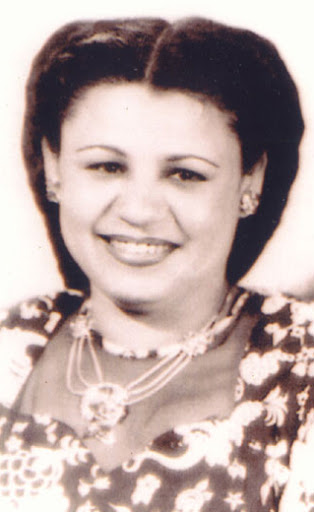Things They Don’t Teach Us in School: Felicitas Mendez
As today begins Hispanic Heritage Month, the PW Perspective will celebrate the lives of those pioneers who have made a difference on both the local and national levels. Felicitas Mendez is one of those people, as she fought for civil rights, resulting in a landmark case that struck the first blow to segregation in 1946.
Mendez, born Felicita Gomez Martinez in 1916 in Juncos, Puerto Rico, moved to America when she was a child with her parents. She later married Gonzalo Mendez, and the couple became entrepreneurs when they opened up their own neighborhood cafe and managed a farm in the town of Westminster, California. They would go on to have three children. It was there where they would become a part of history.
In 1944 their children were denied entry into a local public elementary school based on the color of their skin. Instead of just accepting the school’s decision, the Mendez family, along with four other parents, sued the Westminster school district in order to allow Hispanic students the opportunity to attend the schools. Felicitas organized the committees and continued to manage the farm, resulting in the profits needed to fund the lawsuit. Sylvia Mendez, who was only nine years old at the time, was the central figure in the lawsuit. Representing the plaintiffs in the lawsuit was a young lawyer named Thurgood Marshall, who would go on to represent Linda Brown a decade later in the famous Brown v Board of Education lawsuit, which ruled that “separate but equal” is not constitutional in educational facilities.
David Marcus, another of the Mendez’ lawyers, argued by approaching social science evidence indicating how segregation leads to widespread feelings of inferiority. These feelings, he argued, would reduce their ability to become productive Americans later in life. The judge in the case, Judge McCormick wrote according to court documents, “”‘[t]he equal protection of the laws pertaining to the public school system in California is not provided by furnishing in separate schools the same technical facilities, textbooks and courses of instruction to children of Mexican ancestry that are available to the other public school children regardless of their ancestry. A paramount requisite in the American system of public education is social equality. It must be open to all children by unified school association regardless of lineage.*” McCormick ruled in favor of the plaintiffs on February 18, 1946.
Although the school district would appeal the ruling in California’s Ninth Circuit Court, it would be in 1946 when Governor Earl Warren signed a bill, making California the first state to desegregate public schools.
Mendez passed away on April 12, 1998. The United States Post Office issued a stamp in 2007 honoring the Mendez v Westminster case. In 2009, the Los Angeles Unified School District dedicated a new school in East Los Angeles, naming it the Felicitas and Gonzalo Mendez Learning Center.
*quotes are from https://www.uscourts.gov/educational-resources/educational-activities/background-mendez-v-westminster-re-enactment



